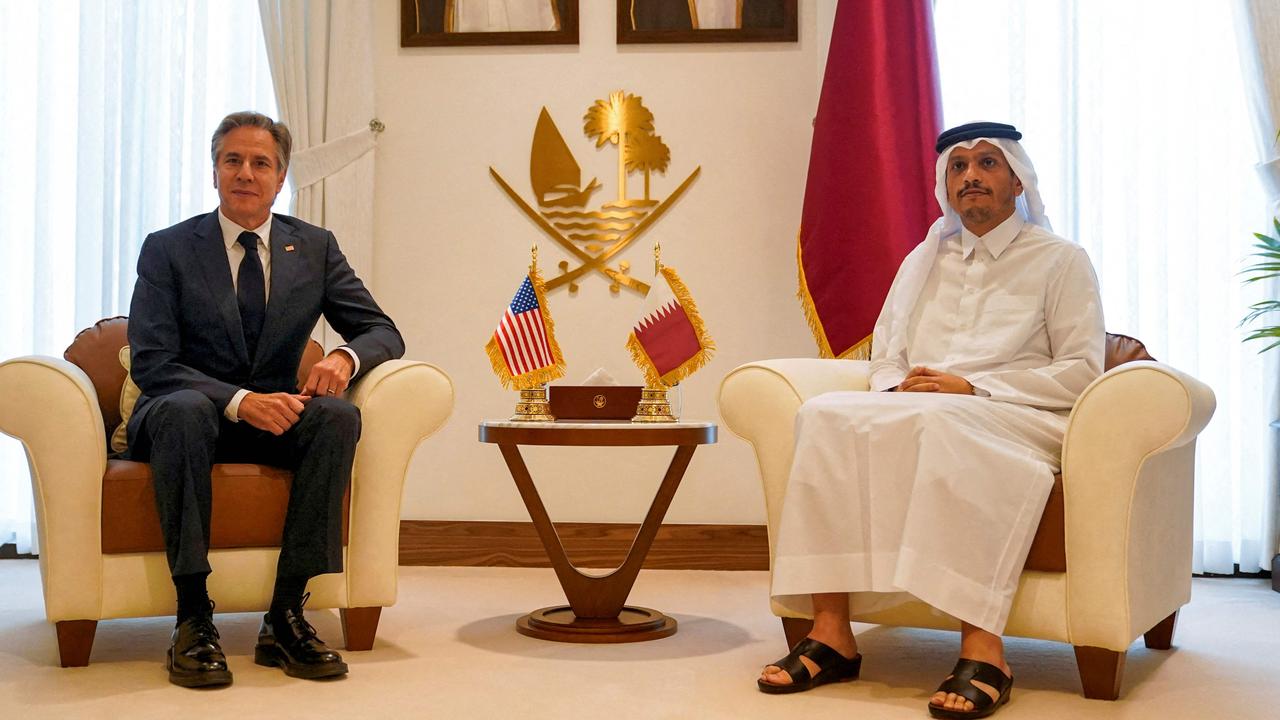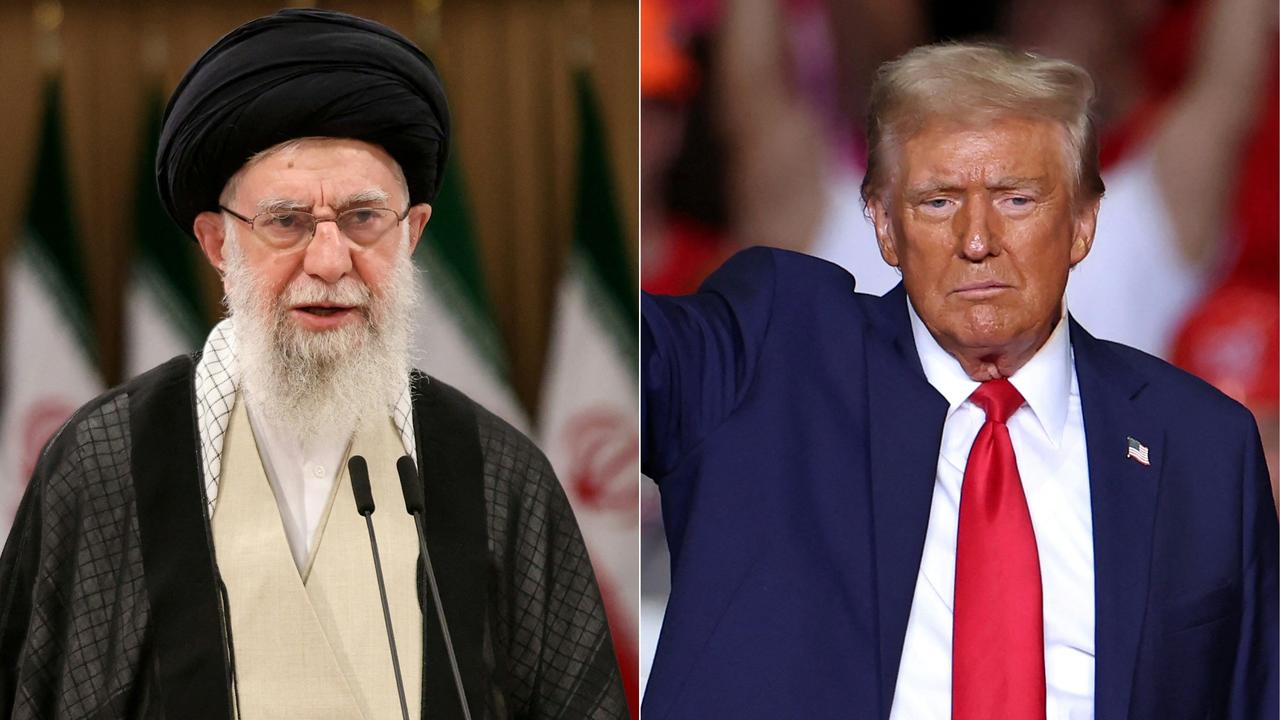Bangladesh PM under fire over state violence, mass arrests
2500 people arrested in Bangladesh after protests over job quotas sparks demands for PM Sheikh Hasina to resign.
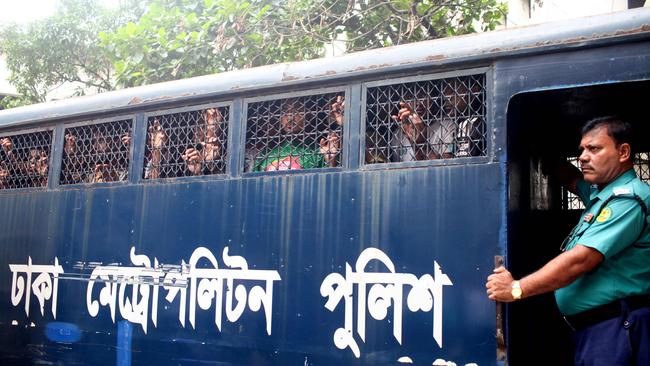
At least 160 people are dead and 2500 arrested by Bangladesh security forces after days of violent protests over a job quota system that was designed to reward government supporters but has instead triggered the most serious challenge to its rule in years.
The capital Dhaka – in violent turmoil since last week – was largely quiet on Wednesday after the Supreme Court ordered the ruling Awami League Party wind back the quota system, that would have reserved 30 per cent of all government jobs for children of the country’s independence fighters, to just 5 per cent.
But protest leaders outraged by the violence have warned demonstrations could resume if the government fails to address a nine-point plan which includes demands for an apology from Prime Minister Sheikh Hasina and the immediate resignation of several of her lieutenants.
Ms Hasina has blamed political opponents for the deadly unrest, insisting she was “forced” to impose an internet blackout last Thursday and nationwide curfew to ensure public safety. Both were partially relaxed on Wednesday, with a curfew still in force from 5pm to 10am.
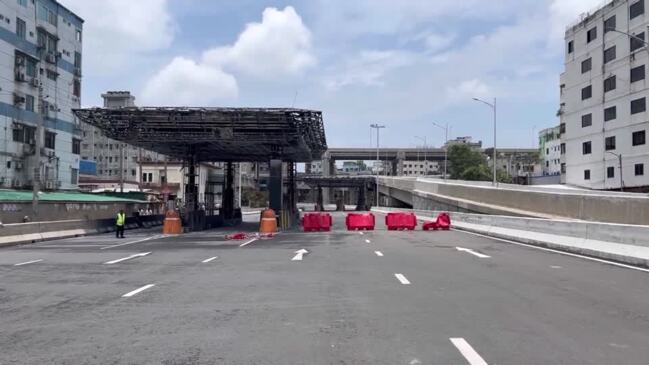
Yet it was the nation’s university students who first took to the streets to protest the reintroduction of job quotas that were only scrapped in 2018 – a system many saw as a blatant ploy to shore up a political support base suffering under flagging economic conditions. The main opposition Bangladesh National Party later joined the swelling protests along with other groups outraged at the state’s use of force, and now calling for Ms Hasina to step down after an unbroken 15 years in office increasingly marked by repression.
Bangladesh is no stranger to political violence, but the biggest crisis to hit the government in years has also hit its economy hard, with businesses reporting hundreds of millions of dollars in losses from the shuttering of internet services and factories.
Ms Hasina on Monday promised business leaders the curfew would be lifted “whenever the situation gets better”, providing scant reassurance to sectors such the all-important garment and steel sectors that are losing tens of millions of dollars a day. The curfew has also driven up the price of food staples thanks to restrictions on goods transportation.
What began as peaceful protests against the quota system turned violent last week after the 76-year-old Muslim leader, who sees the nation’s independence fight as a family legacy, accused protesters of being “the families of collaborators during the liberation war”. Ms Hasina is the daughter of Bangladesh’s founding president Sheikh Mujibur Rahman who was assassinated along with most of his family in 1975, a few years after leading the separatist war against Pakistan.
A group of foreign ambassadors expressed concern this week at the state’s asymmetric use of force against civilians, and the alleged deployment of helicopters and vehicles belonging to UN peacekeepers, the New York Times reported.
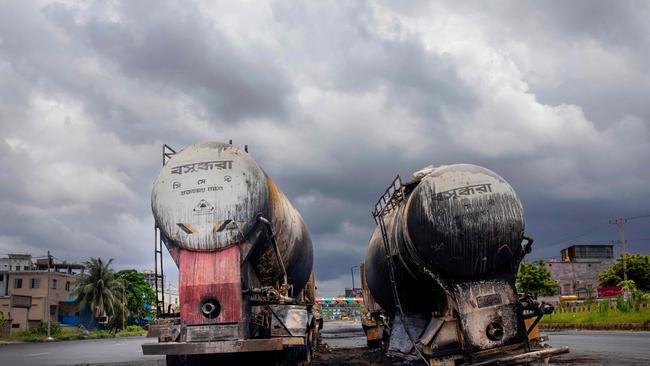
Human Rights Watch on Wednesday urged foreign governments to “immediately call on Prime Minister Sheikh Hasina and her administration to end the use of excessive force against protesters and hold troops to account for human rights abuses”.
“Now is the time for influential governments to press Sheikh Hasina to stop her forces from brutalising students and other protesters,” HRW Asia deputy director Meenakshi Ganguly said.
Videos showing police helicopters firing on the ground and scenes of widespread violence have triggered demonstrations in major cities worldwide by Bangladesh diaspora communities demanding Ms Hasina resign.
While her government says the internet blackout is necessary to stop disinformation, critics say it has been used to mask the degree of state violence that has led to hundreds of protesters being treated for bullet wounds, and daily death tolls of up to 50 civilians. Many protesters have also been treated for eye injuries from pellet guns or rubber bullets, reminiscent of a tactic employed by Iranian security services against women’s rights protesters and by Indian security forces against protesters in Kashmir.
Ms Hasina won a fourth straight election in controversial circumstances last January, after deploying security forces to suppress crippling protests by the opposition which for years was led by former prime minister Khaleda Zia, 77, a bitter and historic rival whose late husband Ziaur Rahman, the country’s sixth president, was also assassinated in 1981.


